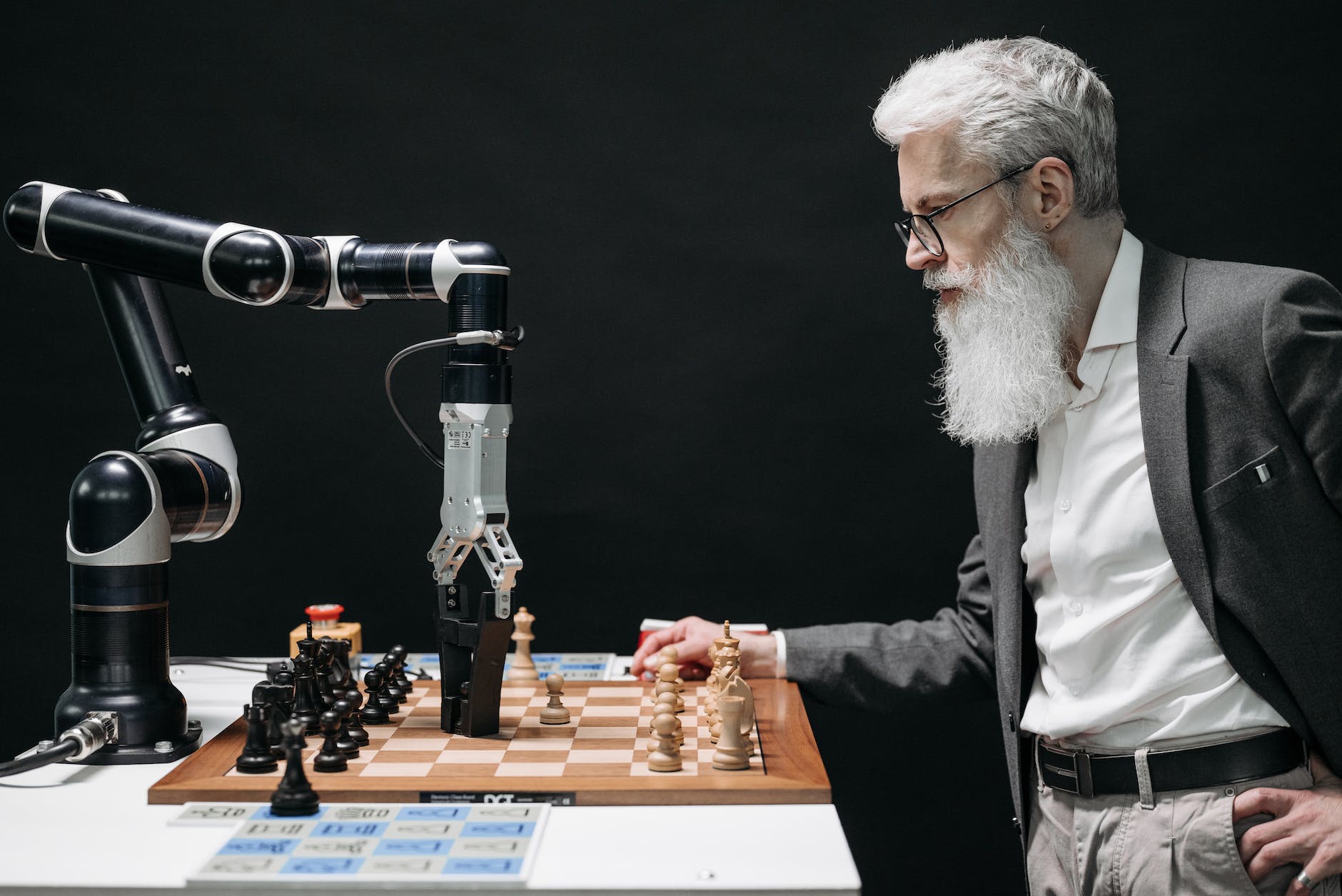Artificial Intelligence (AI) has evolved dramatically over the past few decades. Starting from its humble beginnings in the 1950s, AI has now become a significant force driving the Fourth Industrial Revolution. This article will explore the journey of AI from machine learning to deep learning and what lies ahead in the future.
Machine Learning: The Birth of Modern AI
Machine learning is a subset of AI that uses statistical techniques to give computers the ability to “learn” from data. Machine learning’s roots can be traced back to the 1950s when computer scientist Arthur Samuel developed a program that could improve its performance in a game of checkers through experience.
In the decades that followed, machine learning methods evolved and expanded. In the 1980s and 1990s, the development of algorithms such as Decision Trees, Support Vector Machines, and the re-emergence of Neural Networks, drove the field forward. During this era, the focus was mainly on supervised learning, where the machine is trained on a labelled dataset.
Deep Learning: A New Chapter
Deep learning, a subset of machine learning, emerged prominently in the 2000s, taking inspiration from the human brain’s structure and function. Deep learning uses artificial neural networks with several layers – hence the term ‘deep’. These layers are algorithms designed to recognize patterns, and they interpret data through a hierarchy of multiple layers, where each layer defines a more complex understanding from the input data.
Deep learning has proven particularly effective in processing unstructured data, like images and human speech, and has been the driving force behind developments in autonomous vehicles, natural language processing, and computer vision.
Challenges and Future Directions
Despite the significant advancements, AI still faces numerous challenges. For instance, both machine learning and deep learning models require vast amounts of data to train effectively. But, data is not always available, and even when it is, it may be biased or unrepresentative, leading to flawed or biased AI systems.
Moreover, most current AI systems lack explainability, meaning it’s often unclear how they make decisions. This black-box nature of AI is a significant hurdle, especially in fields where understanding the reasoning process is crucial, like healthcare and law.
On the horizon, one of the most exciting prospects is the development of Artificial General Intelligence (AGI). Unlike the narrow AI we have today, AGI will possess the ability to understand, learn, and apply knowledge across a wide variety of tasks at a level equal to or beyond human abilities. Although AGI is still largely speculative and faces numerous technical and ethical challenges, it represents the ultimate goal for many AI researchers.
The Impact on Society
AI, through machine learning and deep learning, has already begun to significantly impact society. It’s transforming industries, from healthcare to finance to transportation, creating new opportunities but also raising important questions about job displacement, privacy, and security.
As we move towards a future potentially dominated by AGI, these societal implications will become even more significant. The AI revolution promises exciting possibilities, but it also necessitates a robust dialogue about how we can ensure these technologies are developed and used responsibly.
In conclusion, the journey of AI from machine learning to deep learning and potentially towards AGI is a testament to human ingenuity and innovation. As we continue to advance and navigate this exciting yet complex technological landscape, it’s imperative to remember that our goal should not just be to build more advanced AI, but to ensure that AI is used to create a more equitable, inclusive, and sustainable future for all.
